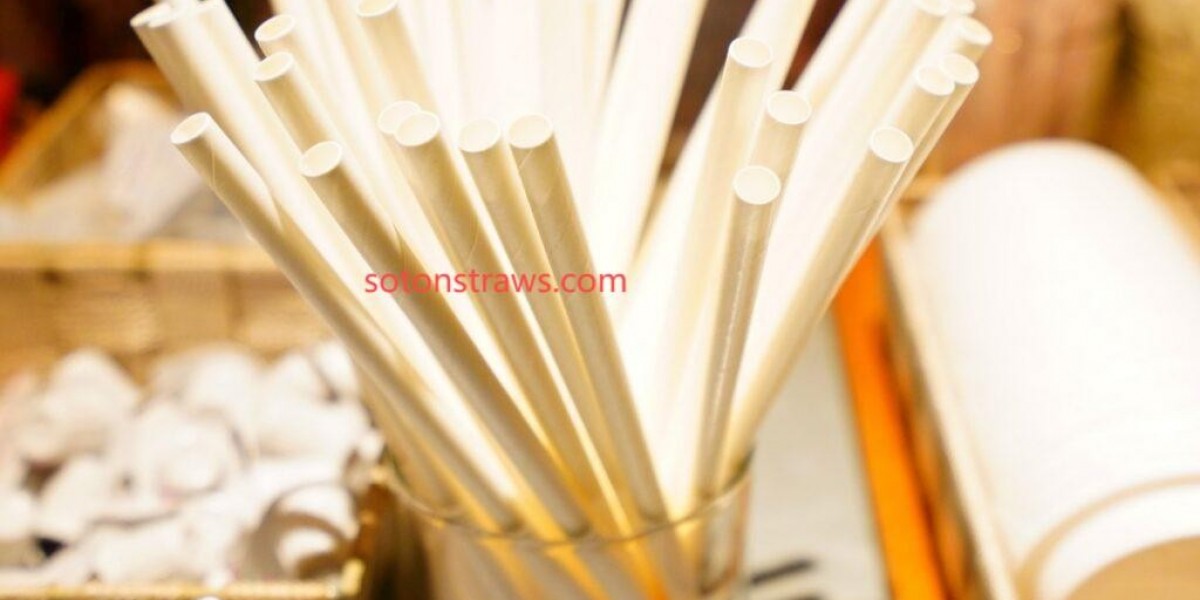The global movement against plastic pollution has ignited significant interest in alternatives, especially for ubiquitous items like drinking straws. Factories dedicated to producing straws from agricultural residues represent a promising solution, turning waste streams like rice husks and wheat stems into valuable resources. An eco-friendly straws Factory utilizing such materials embodies a compelling circular economy concept: capturing what was once burnt or discarded and transforming it into durable, biodegradable utensils. This approach tackles plastic waste while potentially offering farmers an additional revenue stream. However, the transition from small-batch, niche production to mainstream availability for these straws faces substantial hurdles, primarily rooted in the complexities of building reliable and scalable agricultural waste supply chains.
One fundamental challenge is the inherent nature of agricultural residues. Unlike plastic pellets sourced from centralized petrochemical plants, rice husks and wheat stems are geographically dispersed across vast farming regions. Collection becomes a logistical puzzle. Establishing efficient systems to gather sufficient quantities from numerous, often small-scale farms requires significant coordination and infrastructure. Transportation costs from fields to the eco-friendly straws factory can quickly erode the economic viability, especially if distances are large or collection points are sparse. Furthermore, residues are bulky and lightweight relative to their value, making transport efficiency a key concern. Harvest seasons dictate availability – straws factories cannot rely on a steady, year-round flow of raw husks or stems without implementing costly long-term storage solutions that preserve material quality and prevent degradation or pest infestation.Quality consistency presents another major obstacle. The composition of rice husks or wheat stems can vary dramatically depending on the crop variety, soil conditions, farming practices, weather during growth and harvest, and storage methods post-harvest. Contaminants like soil, stones, other plant material, or even chemical residues must be rigorously removed during processing. For a factory aiming for high-volume production, inconsistent raw material quality translates directly into inconsistent final product quality. Straws might vary in strength, colour, texture, or biodegradation rate if the input material isn't standardized. Achieving the necessary purity and uniformity for industrial-scale manufacturing demands sophisticated cleaning, sorting, and potentially pre-processing stages before the main production line begins. This adds complexity and cost, requiring significant investment in specialized machinery and quality control protocols at the very start of the value chain.Beyond logistics and quality, building trust and long-term partnerships within the agricultural sector is crucial. Farmers need assurance that supplying their waste is worthwhile – offering fair, reliable compensation that makes the effort of collection and preparation beneficial. Factories need binding agreements to secure consistent feedstock volumes. Misalignment here can stifle growth; if factories scale production capacity but cannot secure enough raw material, operations stall. Conversely, if farmers invest effort believing in a market that doesn't materialize or falters, trust is broken. Navigating local regulations regarding agricultural waste usage, land use, and factory emissions also adds layers of complexity that vary by region. Overcoming these multifaceted supply chain barriers is essential for agri-waste straw factories to move beyond novelty status and become a truly mainstream alternative to plastic.Promoting Soton: Mastering the Agri-Waste Supply Chain
Navigating these intricate supply chain challenges requires a partner with deep expertise and commitment at every stage. This is where Soton excels. We don't just operate an eco-friendly straws factory; we build integrated, resilient agricultural waste ecosystems. Soton develops long-term, mutually beneficial relationships with farming communities to ensure a reliable, high-quality flow of rice husks, wheat stems, and other suitable residues. Our advanced preprocessing facilities near sourcing regions handle rigorous cleaning, sorting, and initial refinement, guaranteeing material consistency before it reaches our main production lines. We invest in optimized logistics networks and sustainable storage solutions to manage seasonality and geography effectively. Partner with Soton for more than straws – gain access to a vertically optimized system designed for scale, stability, and uncompromising quality. Let us handle the complex supply chain, so you can confidently deliver truly sustainable solutions. Contact Soton to explore how our robust agri-waste supply chain mastery can power your shift away from plastic.click www.sotonstraws.com to reading more information.








